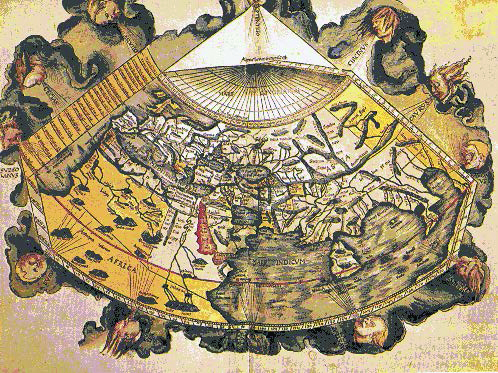“Old Things:” Classical Studies and Contemporary Humanities

From the mid- to late twentieth century, classical studies experienced an exceptional moment of rejuvenation, breaking from traditional philological concerns and methodologies to include perspectives and techniques from both the social sciences and the humanities, or more broadly speaking, the “human sciences”. These interventions allowed scholars in the field to rethink and reinterpret image, text, and context such that “old things” brought about “new” ways of considering not only politics, sexuality, religion, and culture but also the relevance of classical studies to the “post-modern” world. The spring 2010 Strategic Working Group Old Things aimed to question just this assertion, to investigate and identify the critical state of classical studies, to explore the origins of and responses to this potential obsolescence, and to query whether this crisis is itself a synecdoche of a systematic crisis in the humanities.
If we are in a post-humanistic moment (perhaps even a post-human one), then it is not only the study of antiquity but all of the humanities that need to be rethought. One task of the group was to methodically reflect on this transformation and incorporation in classical studies and to explore the possibilities of a new type of responsiveness between the classics and the humanities as well as between classical texts and traditions from Africa, the Middle East, Asia, the Mediterranean and Europe.